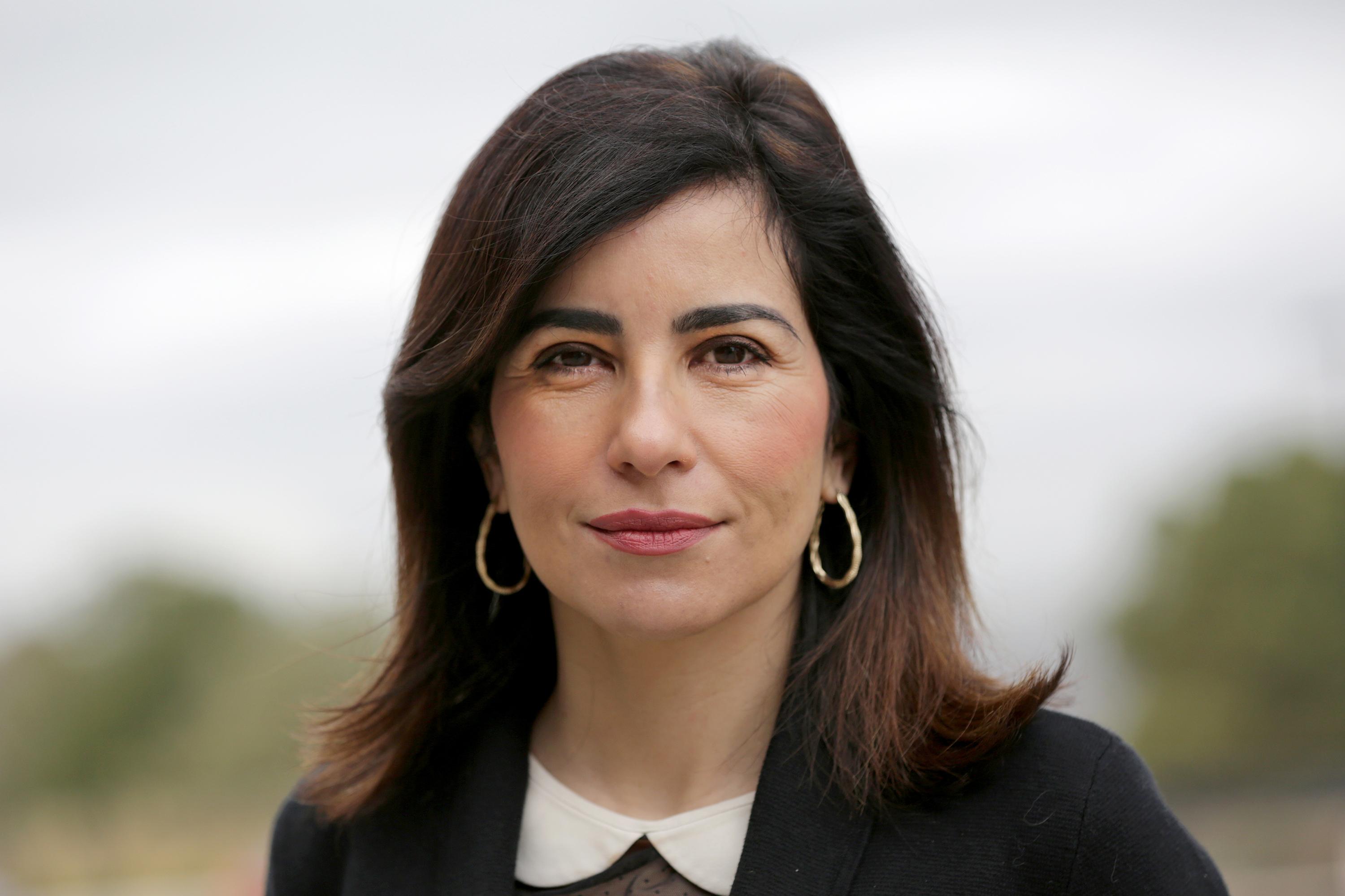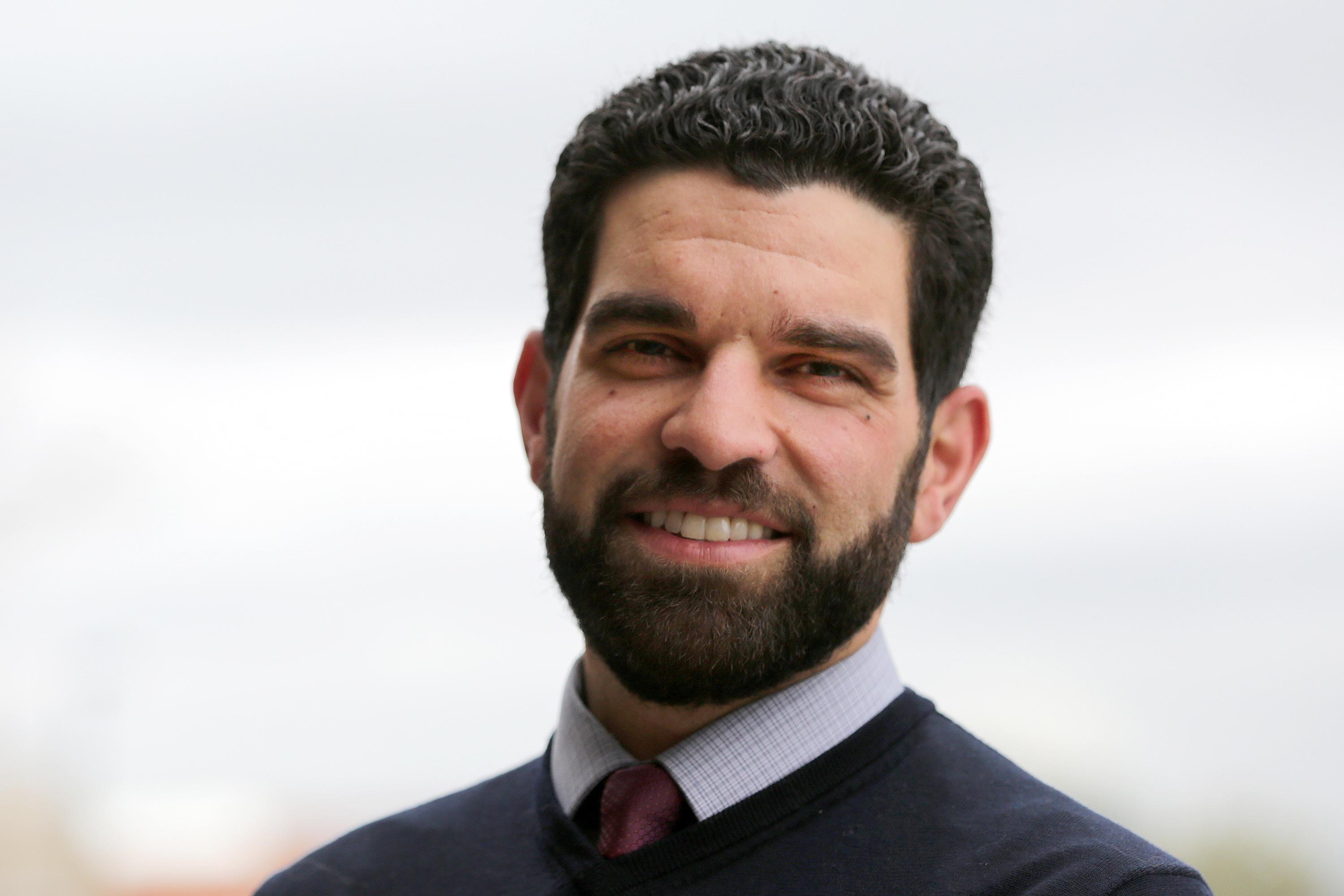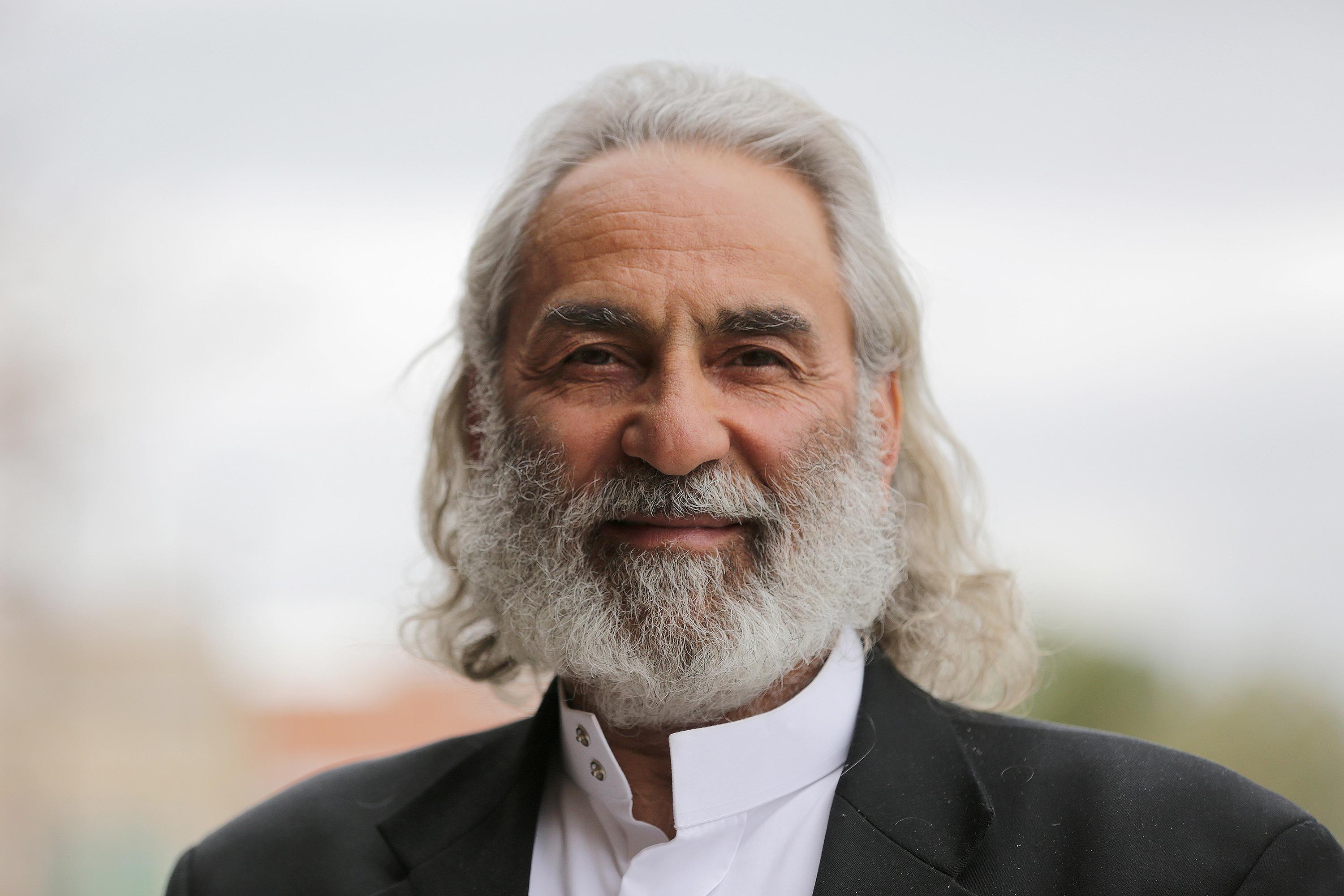
Threats -- and hate crimes -- against Muslims in the United States have been on the rise since the terrorist attacks in Paris and the mass shooting in San Bernadino, California.
Muslims have also been singled out in the presidential campaign with Republican candidate Donald Trump's call for barring all Muslims from entering the US.
We put a call out to our Public Insight Network asking Muslims in Colorado how they've been affected by recent events and asked three of the respondents to join us.
Adeeb Khan of Denver, Mohammad Noorzai of Aurora and Maha Roberts of Littleton speak with Ryan Warner on Thursday.
Maha Roberts on ISIS:

"First of all, ISIS is not just Arabs. It's a mixture of all different ethnicities. We have to remember that too. Because automatically everyone says ISIS is all Arab and Muslim. That's what I hear all the time. Second of all, in Islam, ISIS is actually -- the way I was brought up -- they are going to hell. ...
"The prophet Muhammad ... is about peace. And if you want to become a Muslim, it's something you decide. It's not a belief that is thrown at you."
Maha Roberts on life growing up in Saudi Arabia:
"There's culture, and there's religion. And I think people confuse both. In Saudi Arabia, I had to cover up. I had to go to an all girls' school. I couldn't leave the house. ... I had to be with my father or my uncle. I couldn't really do anything. I didn't have options to do a lot back then. That was ... prior to 1989. I was lucky enough to travel to Europe and I saw the big picture. And I felt like I had to be two different people. One person outside, one person inside."
Adeeb Khan on an incident at a relative's funeral east of Denver last fall:

"As we were all in a moment of prayer as his body was lowered, a truck drove by in the distance and yelled out, 'F the rag heads.' And later we heard gun shots fired in the air. To me, it wasn't something that I encounter a lot. Luckily in the state, we have very open-minded and loving people and neighbors. So I don't want that to be an indictment on Coloradans as a whole. But to experience it in that moment was definitely revealing.
"And I think the thing for me is it was just sad. I wonder if that individual. if their loved one was being buried and had a funeral -- how they would have felt if someone had yelled something so heinous during that moment when you are in prayer. It is what it is. It's a statement about the incitement that ignorance causes."
Maha Roberts on Donald Trump's hostility toward Muslim:
After the Sept. 11, 2001 terrorsit attacks,"The only thing that happened to me was me and my son were flying out to Jordan and we were at the airport in New Jersey. And I remember them checking me a little bit more ... and I'm already scared of flying so I was already nervous, and I said, 'Really? You're checking me? My last name is Roberts and my son's last name is Roberts. Why are you checking me?' And it's funny. They upgraded me to first class. But that was the only thing that ever happened to me. When I got back to Denver I actually got calls from people I work with, colleagues, making sure I was OK. So I actually didn't feel anything from 9/11. But I'm feeling it today from Trump. Today, to me personally, is worse than 9/11, believe it or not.
Mohammad Noorzai on explaining his faith to others:

"One day I was near a park in the Denver Tech Center area. And it was time for prayer so I was praying. And a young man stopped by and he said, 'Excuse me, can I ask you a question?' And he was curious what I was doing. I didn't stop my prayers. So after a few seconds he asked me again. He thought I didn't hear. He said, 'Excuse me, can I ask you a question.' Still I ignored him. And the third time he turned around and left.
"And later, you know, I was feeling bad that I could have had a conversation with him. But I thought I couldn't stop my prayers. But later I learned myself, to my ignorance at the time, that prophet Muhammad, peace be upon him, he stopped even when he was giving a sermon at Friday prayers to answer questions to a non-Muslim who was interested in Islam."
Below are some responses from the Public Insight Network:
On what they'd like the public to know about their faith:
Mariam Sabr, Denver: "I would like others to know that Muslims are not that much different from anyone else. We share many of the same concerns, fears, and loves. We cringe every time we see people harmed, and ache at the situations of those suffering around the world."
Coloradan Rahim Kahn: "I would like people to get to know about Islam through those who practice the faith, rather than just reading articles on it and basing the entire religion...on the ill actions of a few."
Mohamed-Mahad Darar, Northern Colorado: "I want the public to know that Islam is not a religion of peace or war. Islam is a religion --as any other religion -- which in the past required believers to fight in self-defense but never promoted [killing] innocent civilians, women, the elderly and children. "
Maha Roberts, Littleton: "That the Muslim religion is very similar to Christianity. A lot of the stories in the Bible are the same as the Quran...that Muslims come from different countries -- not just the Middle East. As there are different Christian branches like Lutheran, Catholic, etc., Islam also has different sectors."
Mine Esen, Superior: "We don't see [groups like ISIS] as Muslim because Islam doesn't say to kill people. But people here who are not Muslim and didn't grow up in that culture think we're all terrorists, that we're all out to get them."
On how the media portrays Muslims:
Coloradan Sadia Abdi: "The media definitely doesn't portray Muslims in a good light at all. They treat Islam as if it's the enemy and I never understood why. How can a religion be an enemy when it's only there to guide and help people that find truth in it?"
Mohamed-Mahad Darar, Northern Colorado: "The media in general invites discourse on Muslim issues, only when it is related to homeland or national security. So, I don't [cast] blame if the viewer is perplexed by the Islamic religion and often associates Islam with violence. I would appreciate if the media would discuss Islamic matters other times when there isn't any national security threat."
Rahim Khan, Aurora: "In the recent past, there had been a predominant misunderstanding and therefore and inaccurate representation of Muslims in the media. However, there is a growing effort by some media organizations to reach out to Muslims to shed light on everyday Muslim-American citizens."
About life as a Muslim in Colorado:
Mohamed-Mahad Darar, Greeley: "I personally have not encountered anyone targeting me because of my color or religion, however, I do remain deeply concerned about the political rhetoric and the millions of Facebook comments and posts that freely express their hatred towards Islam and Muslims. It is obvious that I share fear with millions of Muslim Americans, who are...perplexed by this increasing phenomenon."
Diana Beatty, Colorado Springs area: "I find the live-and-let-live attitude of Coloradans means that most people don't bother me about my religion and I don't often feel treated differently than others here -- we treat each other with mutual respect."
Mariam Sabr, Denver: "I suppose the main thing that sets me apart from the average American is my choice of dress -- I wear conservative long dresses and a hijab -- and taking time out of [my] busy schedule to pray five times a day. I love a good pizza (sans pepperoni, of course!), can't wait to see the latest Star Wars movie with my sons, and am rooting for my home-town Broncos to win this year's Super Bowl."









